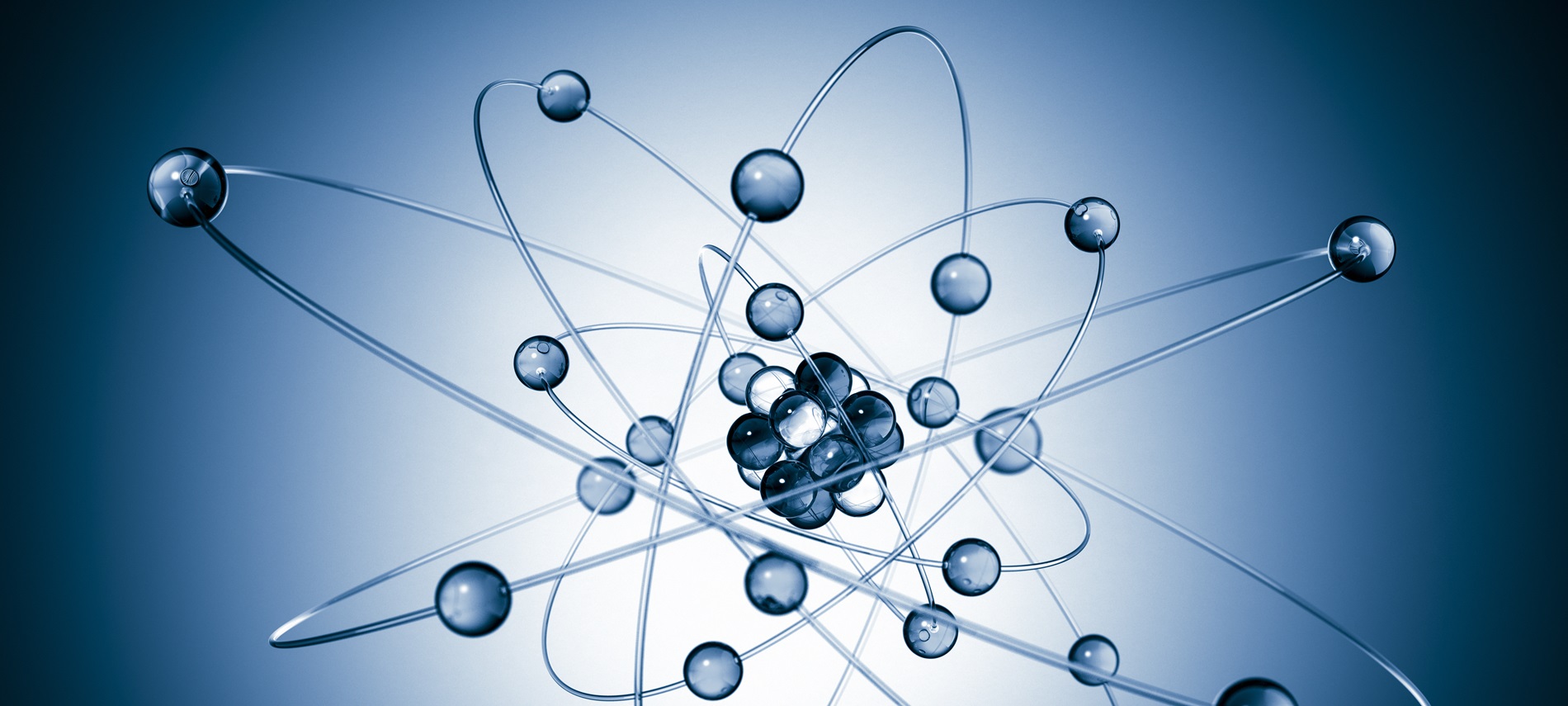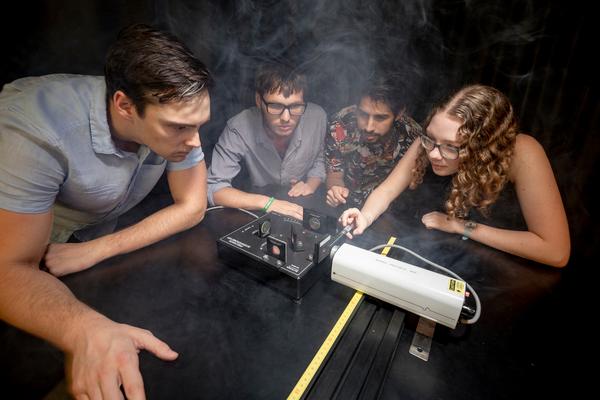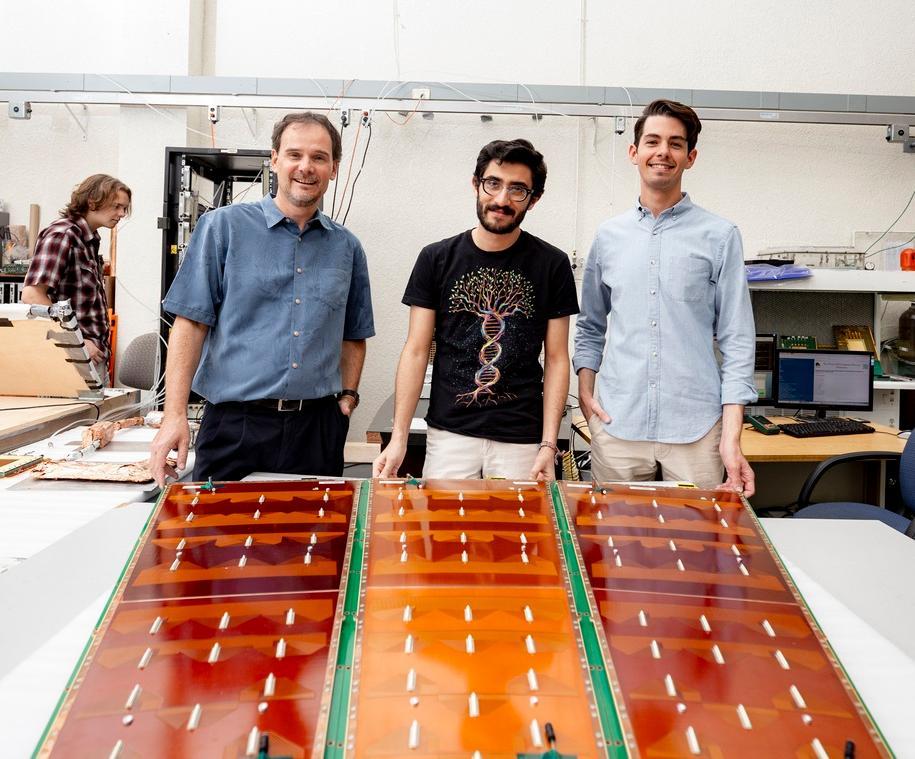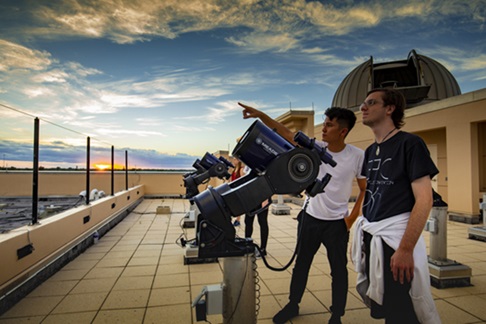Getting Involved: Student Organizations & Activities
Being part of the aerospace, physics and space sciences department at Florida Tech gives you a chance to get involved in a variety of student groups such as:
- S3 – an organization that comprises the Florida Tech Student Astronomical Society (SAS) and student chapters of the Society of Physics Students (SPS) and Students for the Exploration and Development of Space (SEDS)
- Women in STEM Committee
- Theta Tau (engineering and science honor society)
- Pre-Med Club
And with more than 200 student organizations at Florida Tech, you’ll have many other ways to get involved and meet people from across campus.


 Give to Florida Tech
Give to Florida Tech 



